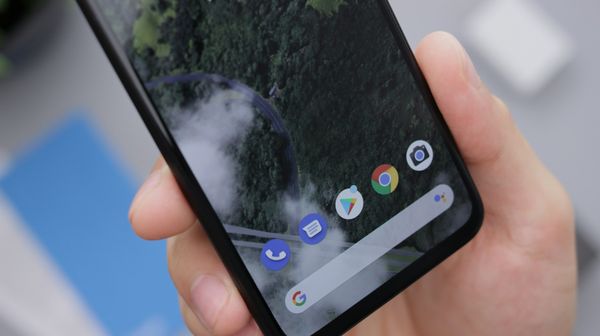Upcoming Chrome Update to Hide Personal Information During Android Screen Shares

Google is preparing a feature in Chrome that aims to enhance user privacy by automatically obscuring sensitive information during screen sharing or recording on Android devices.
Obscure Sensitive Data in Chrome for Android While Sharing the Screen
The new feature, discovered by browser researcher Leopeva64, will redact data such as passwords, credit card details, and other sensitive information to prevent accidental exposure of private information.
According to a newly discovered flag in Chrome for Android’s Canary version, “when enabled, if sensitive form fields (such as credit cards, passwords) are present on the page, the entire content area is redacted during screen sharing, screen recording, and similar actions.”
Only Available in Chrome Canary, Rollout Expected Soon
The flag adds that the feature will only work on Android V and above.
Chrome on Android users can expect this feature to be available in an upcoming update, although Google has not specified an exact timeline for its rollout. Users should be able to test the new feature in Chrome Canary in the next few weeks though.
Additional Feature to Close All Incognito Tabs Simultaneously Spotted
In addition to the screen redaction feature, the same researcher discovered a function in Chrome Canary for Android that lets users close all incognito tabs simultaneously.
This long-awaited feature could also increase user privacy by giving end users a more convenient way to quickly exit private browsing sessions without closing each tab individually.
Although the same effect can be achieved by simply closing the web browser app, closing all incognito tabs brings more convenience to the table by allowing users to remain inside the app and simply switch to non-private browsing.
This is particularly important for maintaining confidentiality, as it ensures that sensitive browsing information can be cleared instantly, reducing the risk of unintended data exposure.
tags
Author

Vlad's love for technology and writing created rich soil for his interest in cybersecurity to sprout into a full-on passion. Before becoming a Security Analyst, he covered tech and security topics.
View all postsRight now Top posts
How to Protect Your WhatsApp from Hackers and Scammers – 8 Key Settings and Best Practices
April 03, 2025
Outpacing Cyberthreats: Bitdefender Together with Scuderia Ferrari HP in 2025
March 12, 2025
Streamjacking Scams On YouTube Leverage CS2 Pro Player Championships to Defraud Gamers
February 20, 2025
How to Identify and Protect Yourself from Gaming Laptop Scams
February 11, 2025
FOLLOW US ON SOCIAL MEDIA
You might also like
Bookmarks








